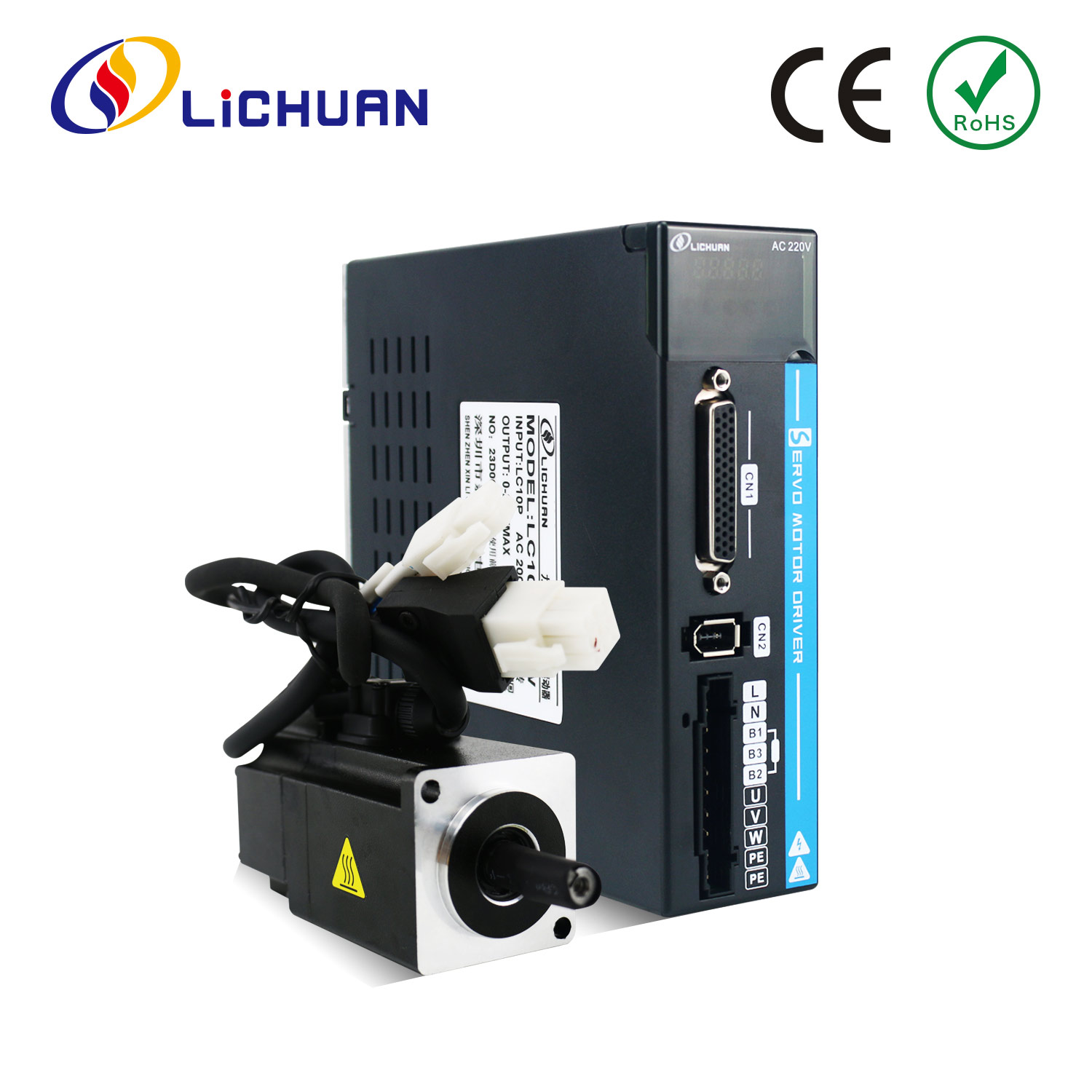Application of AC Servo Motors in Industrial Robots
2025-07-07
AC servo motors play a vital role in modern industrial robotics due to their precision, reliability, and high-performance capabilities. These motors convert electrical energy into mechanical motion and are crucial for achieving accurate positioning, speed control, and torque in robotic systems. Below are the key applications and roles AC servo motors fulfill in industrial robots:
1. Joint Actuation and Movement Control
Industrial robots often consist of multiple joints that need to move with precision and repeatability. AC servo motors are commonly used to actuate these joints, especially in articulated robots such as robotic arms. Their ability to provide fine motion control ensures accurate and fluid movements essential for tasks like welding, painting, and assembling.
2. Positioning Accuracy
AC servo motors are equipped with feedback systems such as encoders or resolvers that provide real-time positional data to the robot controller. This allows the robot to maintain high positioning accuracy, which is essential for applications like semiconductor manufacturing, CNC machining, and robotic surgery.

3. Speed and Torque Control
Many industrial processes require precise control over speed and torque, such as when handling delicate parts or applying consistent force in assembly operations. AC servo motors can deliver consistent torque at varying speeds, enabling robots to adapt to different loads and tasks without loss of control or accuracy.
4. Multi-Axis Coordination
Industrial robots often operate in multi-axis configurations to perform complex movements. AC servo motors support synchronized multi-axis motion, allowing robots to perform coordinated tasks like pick-and-place operations, 3D printing, and complex path-following.
5. Energy Efficiency and Compact Design
Compared to other motor types, AC servo motors are more energy-efficient and compact, making them suitable for integration into robots with space and weight constraints. This compactness is especially beneficial in collaborative robots (cobots) designed to work alongside humans in shared workspaces.
6. Adaptive Control for Variable Loads
In industries such as packaging, electronics, and automotive manufacturing, robots often encounter varying load conditions. AC servo systems can adapt dynamically to changes in load without sacrificing performance, ensuring consistent output quality and system safety.
7. Safety and Reliability
With built-in features like overcurrent, overvoltage, and overheating protection, AC servo motors enhance the safety and reliability of robotic systems. This makes them suitable for continuous operation in demanding environments.
Conclusion
AC servo motors are indispensable in industrial robotics, enabling precision control, high-speed operation, and dynamic adaptability. Their integration into robotic systems enhances efficiency, productivity, and flexibility across various manufacturing and automation applications.
As a professional manufacturer and supplier, we provide high-quality products. If you are interested in our products or have any questions, please feel free to contact us.


